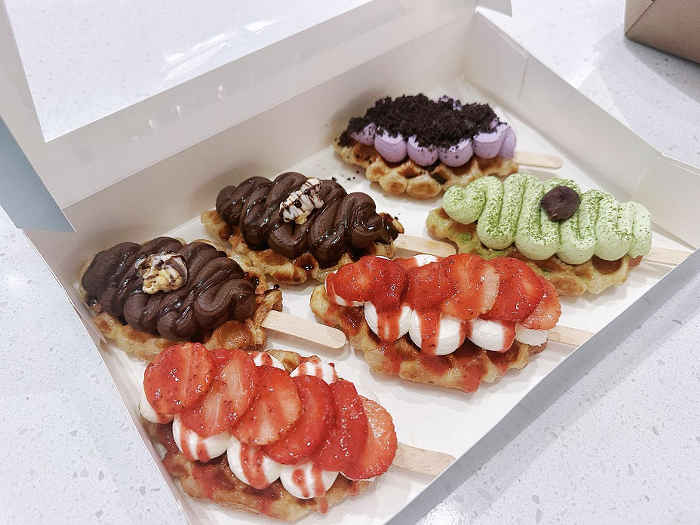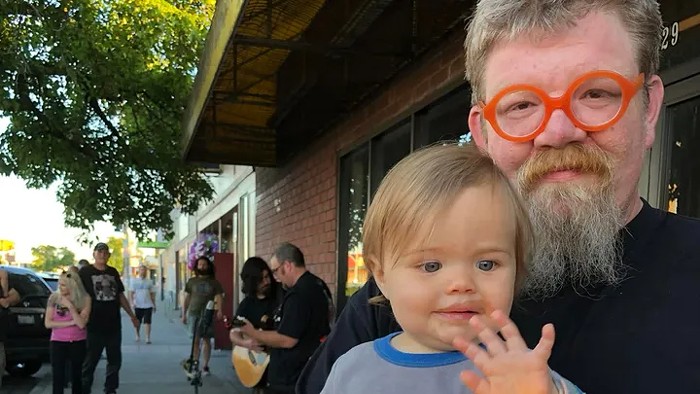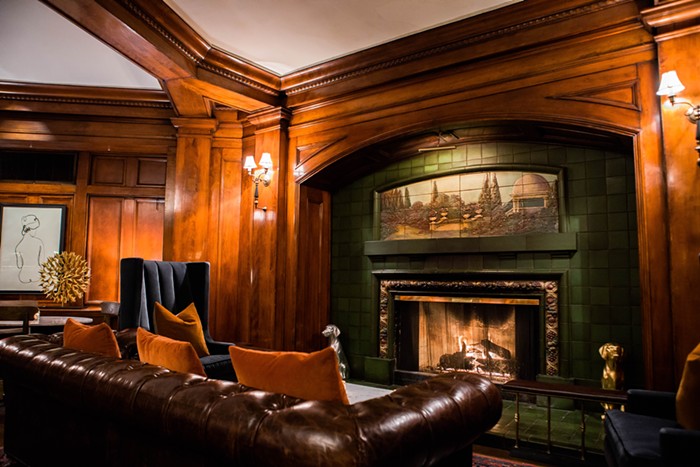We entered the Triple Door's dark theater, we found a free table that faced the stage, we sat, we ordered white wine, and we watched with great interest the jazz pianist Brad Mehldau perform with drummer and percussionist Mark Guiliana. This was the middle of the Earshot Jazz Festival, and the dark space was packed. You know you live in a city when a musician of Mehldau's caliber—a musician who often makes heavy demands on the listener—can draw a considerable crowd. Stars glittered on the stage. Everyone was focused on the music, which had elements of jazz, late rock, and prog rock. Brad Mehldau was less playing than messing with vintage synthesizers. He turned this and that knob, and the machine droned like icy-coated objects being drawn, with sparks and flashes of bent light, to the edge of an event that will collapse all of time and energy into a single impossible point. The stars on the curtains, the black holes of ghostly sounds, the gas clouds of drumming.
In one piece (we were now on our third round of drinks), Mehldau played something utterly beautiful on the piano. Like so many of his piano pieces, things began simply enough—a repeated phrase that even a child could play. But as time passed, things became more and more complicated. It was the same simple phrase, but—as if entering a hall of plain, partially draped, and distorted mirrors—it was multiplied all over the place. The total effect of the performance was the wonderfully monstrous illusion of Mehldau having more hands and fingers than are possible through normal human gene/phenotype development. Mehldau finished the night with another trip through deep space. He sat there, Fender Rhodes and synthesizers on the side, the acoustic piano facing the stars on the curtain, like Carl Sagan used to sit in his Spaceship of the Imagination (the glittering crystals on the control board replaced by black-and-white keys). As he played and played, you could feel the galaxies approach and zip by as the wine flowed through the blood. ![]()




















